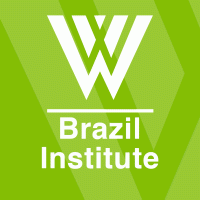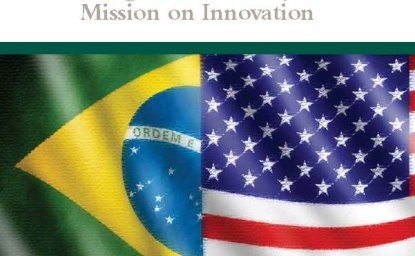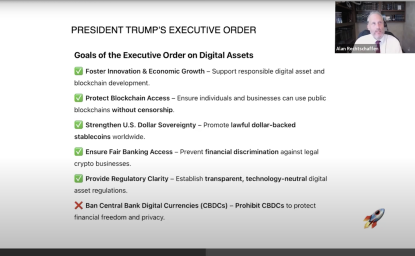Innovation, or the capacity to create and add value to processes and products through scientific research, can be facilitated or limited by government policies and practices. The Brazil Institute of the Woodrow Wilson International Center for Scholars, in partnership with Brazil's Pharmaceutical Research and Manufacturers' Association (Interfarma), has organized the annual Brazilian Congressional Study Missions on Innovation since 2011 in order to promote further understanding of innovation through dialogue between expert academics, public servants, and business leaders. The new book Novos Caminhos Para a Inovação no Brasil (New Paths Toward Innovation in Brazil), written by economist Fernanda De Negri, provides an insightful look at innovation policies in Brazil based on the findings of this dialogue.
An English translation of the report is available here.

Novos Caminhos Para a Inovação no Brasil / Autora: Fernanda de Negri,
Organizadores: Wilson Center, Interfarma – Washington, DC: Wilson Center, 2018.
To download the free book in Portuguese or English, click on the link beneath the book summary.
Main Summary and Conclusions
In the last few years, despite several new innovation policies, Brazil has not been able to attain significant improvements in its technological performance.
The exception to this was scientific production, where Brazilian participation jumped from 0.7 percent to almost 3 percent in scientific publications worldwide since the end of the 1990s. The quality of these publications, however, did not improve at the same rate.
This apparent paradox shows, on the one hand, that public policies need to be reconsidered. It also shows, on the other hand, that there are overarching factors that determine innovative capacity.
In order to innovate, several elements are necessary: i) well-trained and educated people (especially scientists and engineers), ii) adequate infrastructure in order to perform high-level research, and iii) an environment that favors scientific production and innovation.
In Education:
o Brazil has fewer scientists and engineers in relation to the total population than the majority of developed and developing countries. It is important to train more scientists and engineers and to stimulate interest in math and science among the youth.
o Access to education in Brazil grew, but the quality of education did not improve, according to both national and international evaluative indicators.
o Brazilian science is still very closed off to the exterior: foreign professors and students are rare in Brazilian universities, just as there are few Brazilians studying abroad. It is necessary to strengthen the internationalization of Brazilian science.
o Today, the pertinent problem for innovation is “Brain Circulation”. “Brain Drain” is no longer an issue.
In Infrastructure
o Infrastructure for cutting-edge research is missing in Brazil; our laboratories are small and unidisciplinary. Cutting-edge science is done with scale and multidisciplinary.
o Research in Brazil is predominantly performed in public universities. It is essential to diversify the research system. Institutions focused solely on research are important worldwide.
o Bureaucracy in public universities is an obstacle to cutting-edge research.
In the Environment
o The excessive restriction of commerce in Brazil is an obstacle to innovation: Brazil is one of the most closed economies in the world, by several indicators.
o As a result, Brazilian firms do not have access to cutting-edge technologies, which are often represented by more modern equipment and capital goods. They also do not participate in global production networks.
o Restriction also reduces competition, which is a driving force of innovation.
o The cost of capital is quite high and venture capital markets are underdeveloped vis à vis other countries around the world.
o The business environment in Brazil is extremely complex and bureaucratic. This environment greatly limits the country’s innovative capacity. Innovation requires agility and flexibility.
Proposals
This book sets forth, in conclusion, a series of proposals and guidelines for public policy that are capable of creating a more favorable environment for innovation, which are divided into three main areas :
o Strengthen the scientific base and Brazilian universities, by means of: i) investments in multi-use research installations that are publicly supported but have flexible management; ii) promoting internationalization and diversity in universities; iii) specializing institutions and strengthening academic excellence; iv) creating alternative sources of revenue for research institutions, among other proposals.
o Improvement in the institutional and systemic conditions of innovation: i) greater integration into global value chains, with more economic openness and more access to new technologies; ii) reduction of the cost of capital for investments in innovation, strengthening venture capital markets, among other things; iii) reduction of the bureaucracy and improvements in several areas of the business environment.
o Enhancement of public policies: i) implement routine evaluative mechanisms for science and technology policies; ii) utilize science and technology to solve critical problems in the country; iii) diversify the mechanisms and institutions that support science and technology in Brazil; iv) enhance the administration and transparency of the management of science sector funds.









